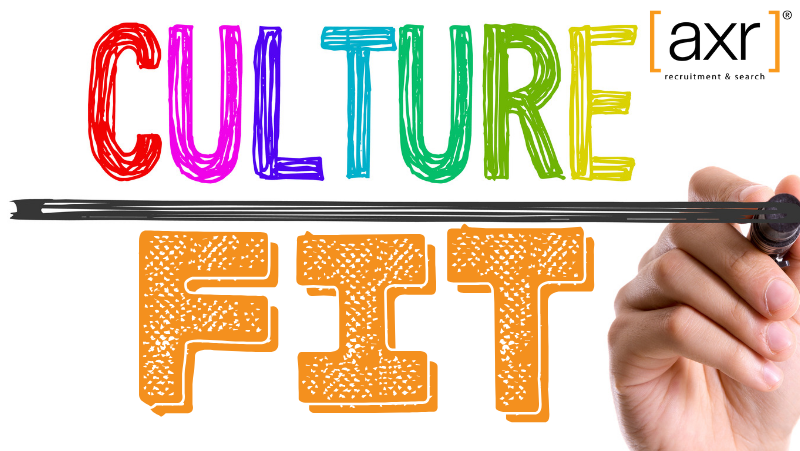Finding a new role is a stressful undertaking. As a recruiter, I spend a lot of time partnering with people on their job search and too often my candidates first questions are:
- What does the company do and what size are they?
- What are the key responsibilities?
- What is the salary?
But really, as important as the above questions are, the most important question should be – Do you think this role will be a good cultural fit for me?
The reality is this is a very difficult question to answer and it’s very difficult for you to gauge the truth before working there. BUT over 80% of all people who resign from their job in their first 6 months do so because of a lack of culture fit. You need to do your utmost to assess your cultural fit with a potential new organisation.
Do a LinkedIn search of the company and the people. The first and easiest starting point is doing a LinkedIn search of other people in the business. Do people have long tenure? Do people get internal promotions? Is there a diversity of race and age? Are their LinkedIn profiles professional? These are all small titbits to help you understand a business.
Gauge the work life balance vs opportunity for growth. Too often one doesn’t go with the other, they are not mutually exclusive but, at the extremes, they are not commonly found in tandem either. The reality of “sink or swim” hard working cultures is there is only one massive upside, you get a chance to learn to swim! A competitive high-pressure culture is great place to learn quickly. Yes, many people would happily leave at 5 but at what cost to your career aspirations?
Is it autocratic or autonomous leadership? Ideally, it’s not too autocratic but be careful what you wish for. Autonomous leadership is one thing but this is unhelpful if it doesn’t come with support and structure. The best way to get a subtle answer to this question is to ask your manager how he/she would describe what success looks like in their team.
Look at their financial results. Poorly performing companies can find it hard to keep an upbeat culture whilst most businesses doing well are generally more positive environments. If the company is underperforming ask the question. Has the performance impacted on culture within the organisation? Are there some exciting opportunities available to help turnaround the business? Often the roles where people learn the most are their hardest roles in underperforming companies.
Company staff resources and policies. Companies that invest in their people are generally positive places to work. You can ask questions around what training/mentoring they provide – do they invest in their employee’s careers? Do they have family friendly policies? What facilities/perks do they have? Fancy break out areas, free snacks and gyms could be bargaining tools for long tedious hours. You need to work out what resources and perks are important to you and what the trade-offs are.
And lastly remember to be subtle in your enquiry during an interview process. It is about showcasing your skills to the employer, not just about the employer selling to you. Find the right balance in your questioning, answer 5 questions, ask 1 for example. It’s not an interrogation.
Each company can be great at what they do. But depending on your personality and career needs, you will be happier and more satisfied in certain company cultures.
The important thing is to work out what the prospective employer’s culture is and consider if it is a good match. Never ignore visible signs that you may not be happy there. Happy Job searching!
Do you need help assessing if the next job will be a good culture fit for you?
We focus on career planning for clients who want more than just a “job”, they want a career. We can organise confidential career planning discussions utilising our career optimiser system to help you get the right job every time.
CLICK HERE TO FIND OUT MORE ABOUT OUR CAREER PLANNING SESSIONS

